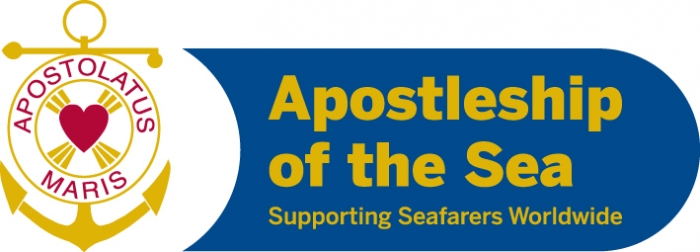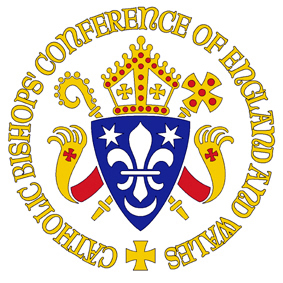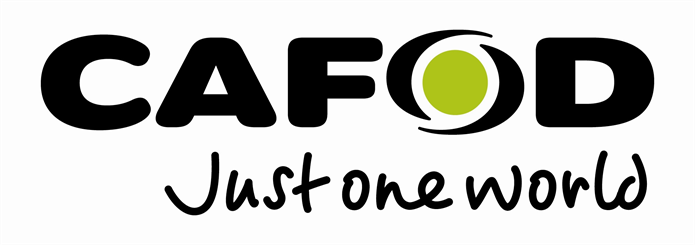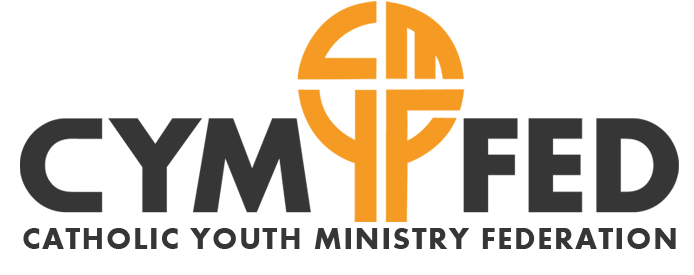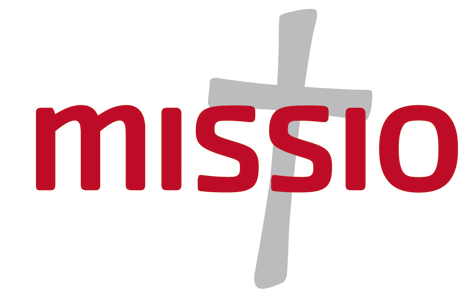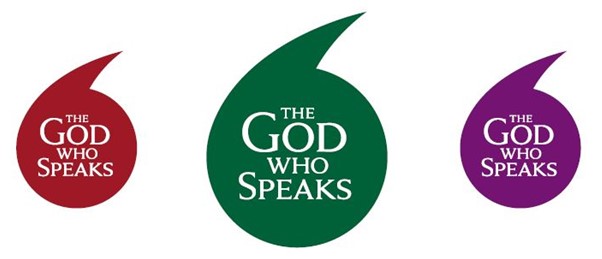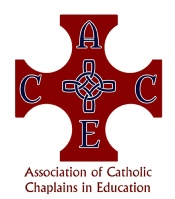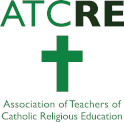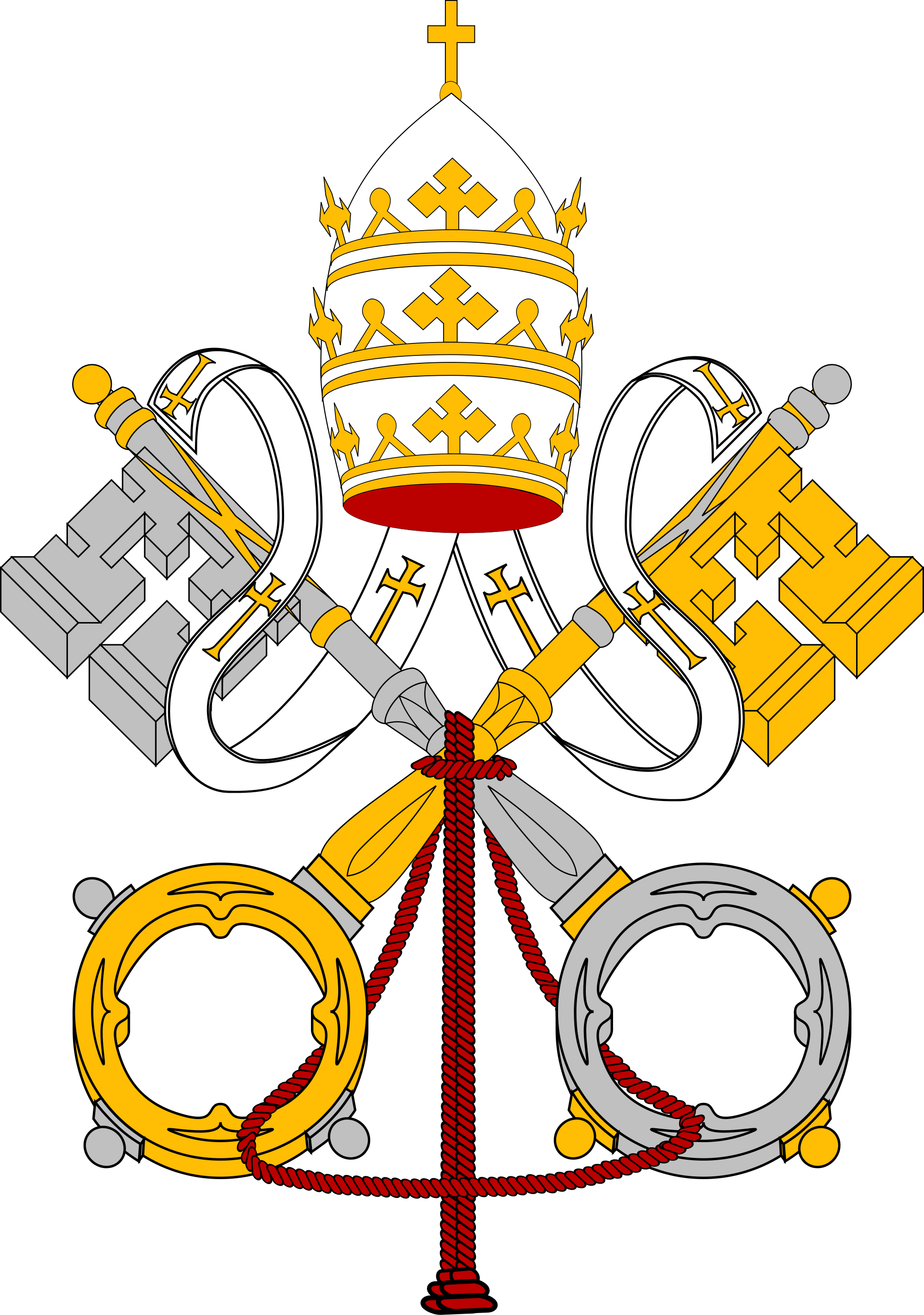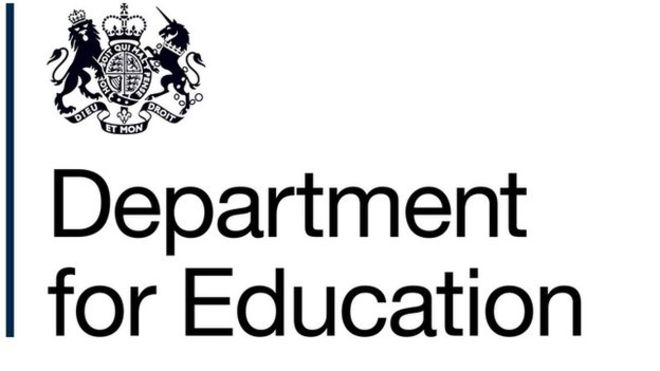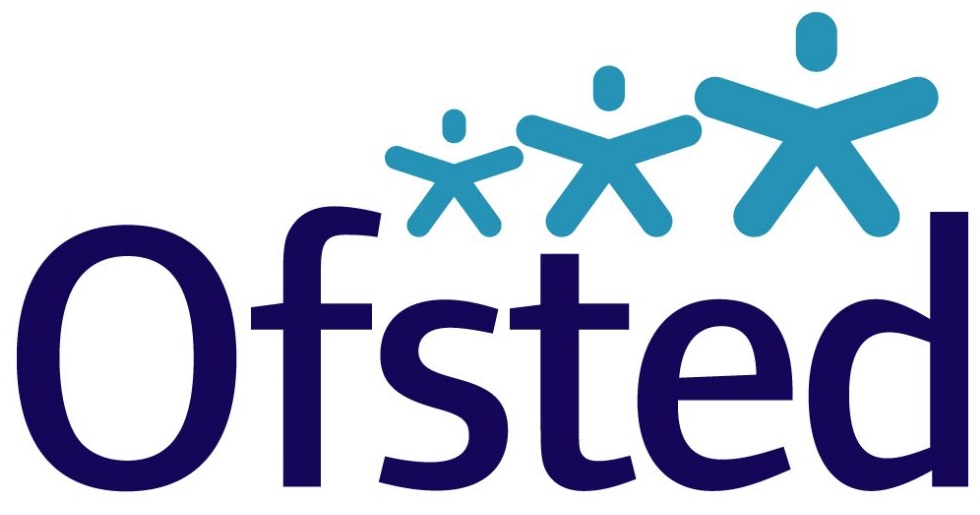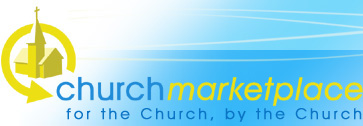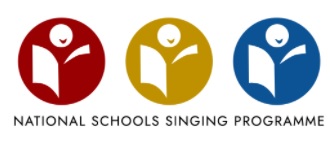Mission Animation Day in Clifton Diocese
 In June 80 children from seven schools in Swindon and Malmesbury, Clifton Diocese, gathered together in joyful celebration for a Mission Together Animation Day. The morning was spent with children making friends with one another, engaging in group activities, and reflecting on their role as ‘children helping children’ with Mission Together, the Pope’s official children’s charity for overseas mission.
In June 80 children from seven schools in Swindon and Malmesbury, Clifton Diocese, gathered together in joyful celebration for a Mission Together Animation Day. The morning was spent with children making friends with one another, engaging in group activities, and reflecting on their role as ‘children helping children’ with Mission Together, the Pope’s official children’s charity for overseas mission.
Through the day children learnt that even though they are all unique individuals, they can make a big difference to building God’s kingdom when they act together and support one another. The Good News Bracelets made by the children, reminded them of the hope and love they bring to other young people around the world who are living in poverty when they pray and share- as Jesus taught.
The sessions were followed by an afternoon Liturgy led by Missio’s National Director, Fr Tony Chantry and Missio’s Diocesan Director for Clifton Diocese, Fr Gary Brassington. The chaplaincy team from local secondary school, St Joseph’s Catholic College, Swindon helped the Liturgy to run smoothly with the addition of their prayers and reflections.
Many congratulations to all the pupils and students for their words of wisdom and thoughtfulness as they carried out their tasks. Thanks also to the staff - teachers and chaplains – who generously gave up their time to help organise the event and who provided inspiration for future Mission Together animation days. Final thanks goes to Holy Cross Catholic Primary School, Swindon for hosting a wonderful day.
Praying the Rosary for Peace
 At the start of May, Pope Francis encouraged Catholics to pray the Rosary for peace. Around the same time Mission Together, the Holy Father’s official children’s charity for overseas mission, paid a timely visit to St Mary’s Primary School (Batley) to deliver a special assembly. St Mary’s has a long tradition of reciting the Rosary with its pupils in May, a practice fondly remembered by ex-pupil and Mission Together education team member, Claire Colleran.
At the start of May, Pope Francis encouraged Catholics to pray the Rosary for peace. Around the same time Mission Together, the Holy Father’s official children’s charity for overseas mission, paid a timely visit to St Mary’s Primary School (Batley) to deliver a special assembly. St Mary’s has a long tradition of reciting the Rosary with its pupils in May, a practice fondly remembered by ex-pupil and Mission Together education team member, Claire Colleran.
Claire was delighted to have been invited into her old school at the start of Lent to speak to pupils about Mission Together and how, as children helping children through prayer and giving, they can share in the mission of the Church and deliver God’s love to all people, everywhere, just as Jesus taught us.
Following that assembly, St Mary’s had adopted Mission Together as their Lenten charity and helped raise funds by selling the charity’s Mission Rosaries. Although Mission Together was just one of a number of the school’s Lenten charities, St Mary’s still managed to raise a wonderful £350 to help children living in poverty overseas.
Claire was invited back in to St Mary’s to collect the cheque and to lead a Marian inspired Mission Rosary assembly. Parish priest Fr Eamonn Hegarty came along to bless the children for their efforts to share God’s love with others through their support of Mission Together.
RE Coordinator, Mrs Jennie Blanchfield, said of the visit; ‘The children fully embraced Mission Together and its concept of children helping children. They could see through their prayers and giving that they can make a small change to children's lives all around the world. They were totally committed to collecting as much loose change as possible to put in the Mission Together Boxes.’
Father Eamonn Hegarty added, "Once again the children of St Mary's have shown how generous they are."
Mission Together supports the physical, spiritual, and emotional wellbeing of children around the world. If you’ve been inspired by St Mary’s efforts and would also like to encourage children to help children, contact missiontogether.org.uk to arrange an assembly, or download user friendly assemblies (including the Rosary assembly delivered at St Mary’s) and other resources from our website.
Pope Francis' Mega Youth Poll
In 2018, Pope Francis will meet Bishops and others to talk about Youth, Faith and Vocational Discernment. At this gathering they will discuss how the Catholic Church can accompany all young people in their faith and help them to hear God’s call. Please can you encourage your students aged between 13-29 years old to use the Mega Youth Poll so that they can tell the Catholic Church in England and Wales what life is like for them, their thoughts on faith and how we can help them to hear God’s call by using this link https://www.surveymonkey.co.uk/r/schools-youth-poll or scanning this QR code with your phone.

Please encourage your students to share their thoughts rather than what they think we would like to hear. For a list of the questions asked in the Mega Youth Poll, Click HERE
Comic Relief 2017
The CES has received queries from schools wanting advice on whether they can allow pupils to take part in fundraising activities for Comic Relief. These activities are often popular but concerns have been expressed that some of the fundraising may go towards providing services that ar contrary to Church teaching. The CES has raised these concerns recently with Comic Relief. Please see below the most recent response from Comic Relief on these matters.
Catholic Education Service welcomes Government announcement on RSE
Archbishop Malcolm McMahon OP KC*HS, Chairman of the Catholic Education Service said;
“Relationship and Sex Education (RSE) forms part of the mission of Catholic schools to educate the whole person. Our schools have a long track record of educating young people who are prepared for adult life as informed and engaged members of society, and high quality RSE plays an important part of this.
“We welcome the Government’s commitment to improving Relationship and Sex Education in all schools. Catholic schools already teach age-appropriate Relationship and Sex Education in both primary and secondary schools. This is supported by a Catholic model RSE curriculum which covers the RSE curriculum from nursery all the way through to sixth form.
“We additionally welcome the Government’s commitment to protect parental right of withdrawal and involve parents in all stages of the development and delivery of RSE in all schools. It is essential that parents fully support the school’s approach to these sensitive matters. The experience of Catholic schools is that parental involvement is the basis for providing consistent and high quality RSE at home and at school.
“We look forward to working closely with the Government to shape any new guidance to enable Catholic schools to continue to deliver outstanding RSE, in accordance with parents’ wishes and Church teaching.”
ENDS
Missio visit to St John’s Catholic Academy, Bishop Auckland and St Anthony’s

To mark the centenary of the birth of Blessed Oscar Romero, schools in the diocese of Hexham and Newcastle are this year focusing attention on the life and martyrdom of the Salvadorian Archbishop. As part of their commemorations St John’s Catholic Academy, Bishop Auckland, organised a programme of events for their Year 10 students, inspired by Romero’s words ‘Aspire not to have more, but to be more’.
Missio, the Catholic Church’s official charity for overseas mission, was asked along to St John’s to take part. Romero’s links with Missio and his time as the charity’s National Director in El Salvador, were highlighted through presentations and workshops. Highlighted also to pupils was the powerful example set by Romero; to observe the world around them and consider their role within it, inspired by the Gospel and strengthened by faith.
St John’s chaplain, Mrs Emma Ramsey said of the day, “We wanted to provide our students with the opportunity to reflect on the paths they take, the choices they make, and the qualities needed for themselves and others to lead a truly fulfilled life. The students gained a lot from Missio’s input. They heard about what the charity does to enable those less fortunate than ourselves to have access to the things we take for granted.”
Missio was also invited to take part in St Anthony’s Girl’s Catholic Academy, Step Up To Life Mission Week, led by the Diocesan Youth Ministry Team. Inspired by the week’s theme – forgiveness - Missio facilitated workshops which explored the importance of mercy and peace in our efforts to build God’s Kingdom at home and overseas. Pupils engaged readily in discussion and activities; considering practical ways in which they can become missionaries of God’s love and producing on occasion some impressive visual representations of God’s kingdom. Built with the help of Missio’s red boxes.
Missio would like to thank St John’s and St Anthony’s for their welcome and support. Their missionary efforts bring to mind more inspiring words from Blessed Oscar Romero:
“Let us not develop an education that creates in the mind of the student a hope of becoming rich and having the power to dominate. Let us form in the heart of a young person the idea of loving, of preparing oneself to serve and giving oneself to others.”
Over the next few weeks Missio will be visiting more schools in Hexham and Newcastle. If you would like to find out about arranging a visit to your school, please contact This email address is being protected from spambots. You need JavaScript enabled to view it.


